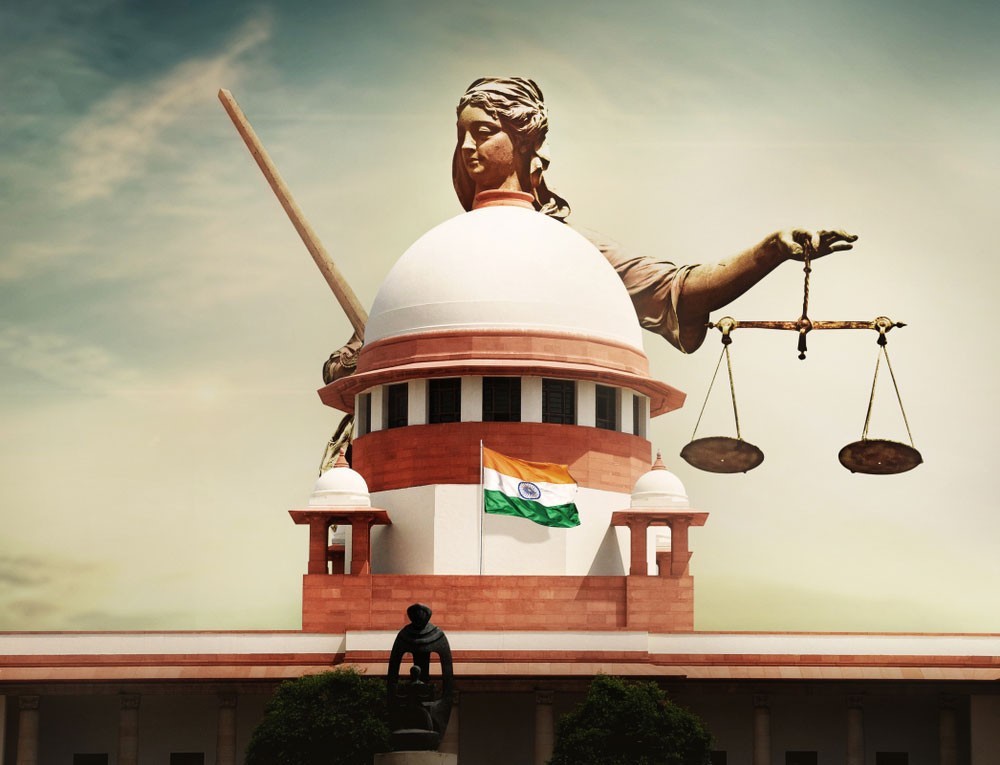Jahanvi Agarwal
The Supreme Court cautioned Judges to guard in matters and examine the evidence meticulously before coming to any conclusions, holding that an undue delay in lodging an FIR can be grounds for suspicion regarding the prosecution’s story of events.
The division bench composed of Justices J. B. Pardiwala and Manoj Misra acquitted two people who were given life sentences and were in jail for a murder that was committed in 1989 in Chhattisgarh.
The court observed many loopholes in the statements of witnesses and that there was a delay in lodging the FIR, which was filed a day after the crime.
The bench stated that:
“When an FIR is delayed, in the absence of a proper explanation, the courts must be on guard and test the evidence meticulously to rule out the possibility of embellishments in the prosecution story, inasmuch as delay gives the opportunity for deliberation and guesswork. More so in a case where the probability of no one witnessing the incident is high, such as in a case of night occurrence in an open place or a public street.”
The court declared in its ruling on September 5 that the witness testimony was not of the stellar quality to convict the accused.
It stated that:
“There were many gaps in the prosecution story, namely as to how the body came near the temple and why a lathi was left near the body of the deceased when, as per the police story, all three assailants had walked away with their lathis, which were later discovered at their instance”
The court noted that the prosecution’s evidence raises a significant likelihood that the victim was killed as a result of a mob attack because of his supposed association with a lady.
The Bench noted that:
“In this case, we notice from the record that the trial court as well as the high court, while appreciating the evidence, have not properly addressed various aspects, namely (a) there is no clear-cut motive proved against the accused except that there was some incident concerning a lady of the village. In light of the discussion above, we are of the considered view that the prosecution has not been able to convincingly prove the genesis of the crime as also the manner in which the murder took place and by whom…”
The Court concluded by declaring that:
“Thus, taking into account that it was a case of night occurrence; the body of the deceased was found at an open place near a temple; a named FIR was lodged not by any villager of the place where the deceased was assaulted, but by the village chowkidar of the neighbouring village, who admits that no eyewitness had informed; and the body was found at a distance of 300 feet from the place where the deceased was allegedly assaulted, we are of the view that this is a fit case where the accused are entitled to the benefit of doubt.”

